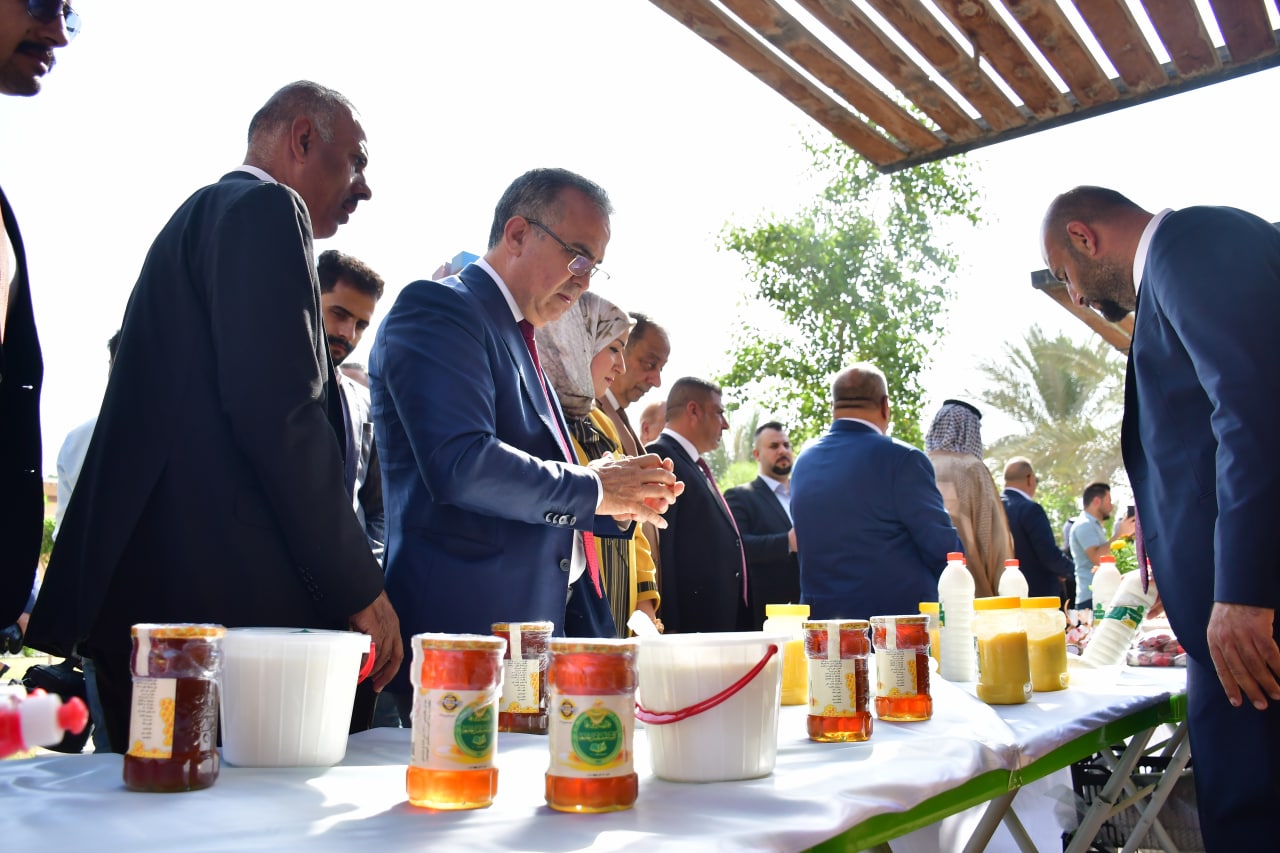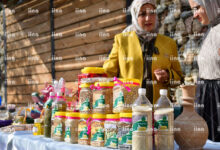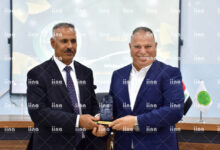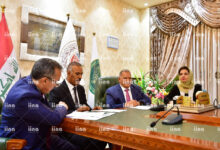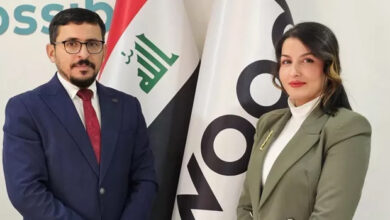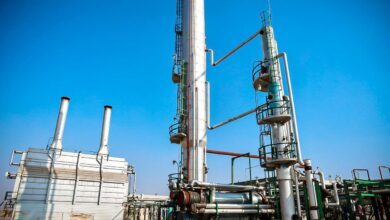Iraq, known in historical books as the land between two rivers (Mesopotamia), has had abundant access to water since the dawn of civilization. However, most of Iraq’s water resources either come from or pass through neighboring countries. Policies of these counties have reduced the water supply in Iraq, impacting agriculture and degrading the quality of the water that remains. In addition, Iraq’s population increase, government mismanagement, and climate change have negatively affected Iraqis’ access to water resources. The current trends of water security in Iraq do not bode well, and competition for water may sow important seeds in Iraq that will intensify in the future.
This decrease in water supply has been accompanied by a sharp increase in the population over the past few decades, and thus an increase in the demand for water. According to the Iraqi Ministry of Planning, the population of Iraq tripled between 1970 and 2007 to reach (30) million. By the end of 2022, the population exceeded (42) million.
These matters were raised at an expanded conference to discuss sustainable agricultural development, in the presence of governmental and international figures; on the occasion of World Food Day. The University College of the Future hosted the event. There was talk in the conference about the aggravation of the water crisis and the importance of addressing the issue, and that the decline in water releases from the upstream countries led to the exodus of 60% of agricultural lands and the shrinking of cultivated areas.
- Date Published: 02/11/2022
- Country: Iraq

